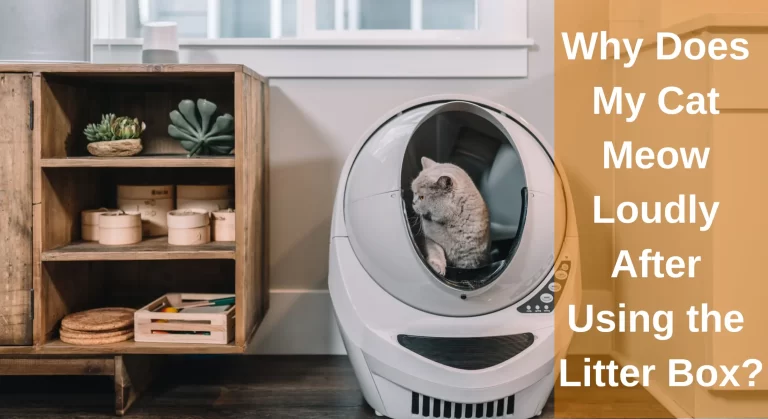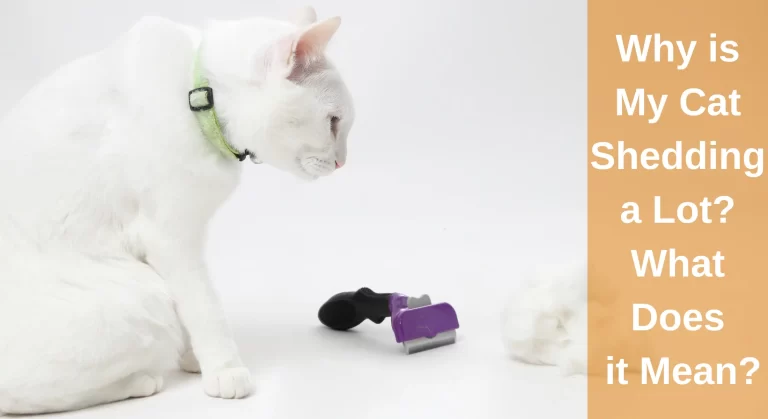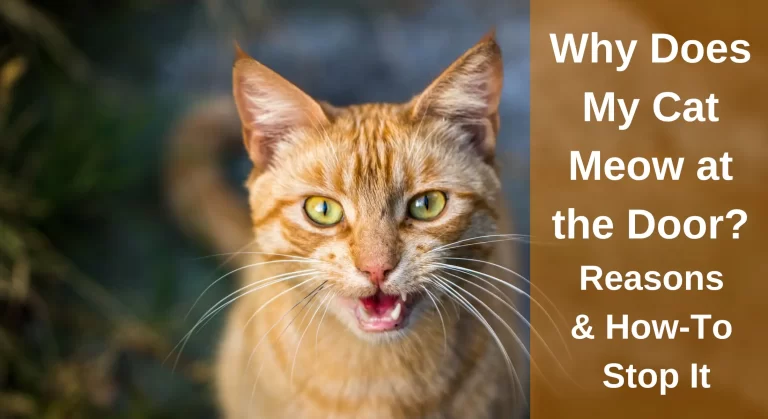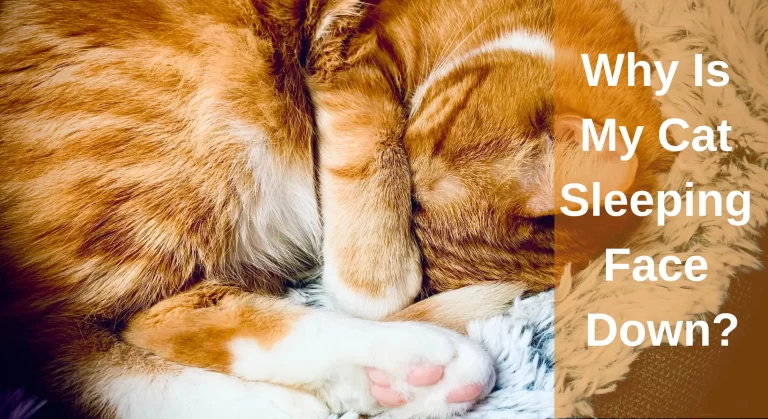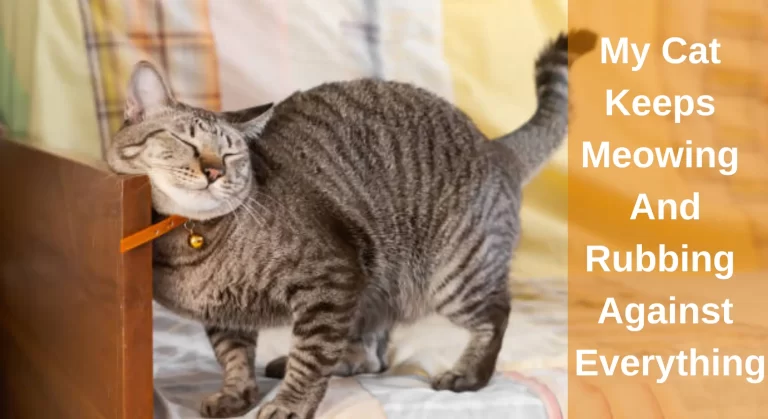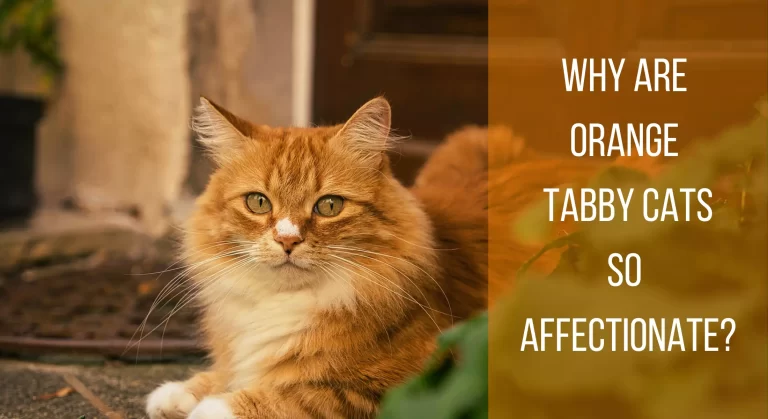Why Do Cats Open Their Mouth When They Smell? Reasons
Cats are naturally curious animals that will explore your home or their surroundings and the outside to see what they can find out. On occasion, your cat could hold its lips open for a brief length of time after smelling anything. Similar to humans, when it smells anything unpleasant, it may wrinkle its nose and pull back its upper lip. You may also observe your cat into a trance after the initial smell and face-making. This behaviour certainly strikes us as odd.
Why Do Cats Make Faces While Smelling Something?
Your cat is really inhaling air into its mouth and up into the Jacobson’s organ when it takes a whiff and holds its lips open for a short period of time. The organ can digest the aroma, which sends signals to the organ’s brain and helps the organ function better than your cat’s nose.
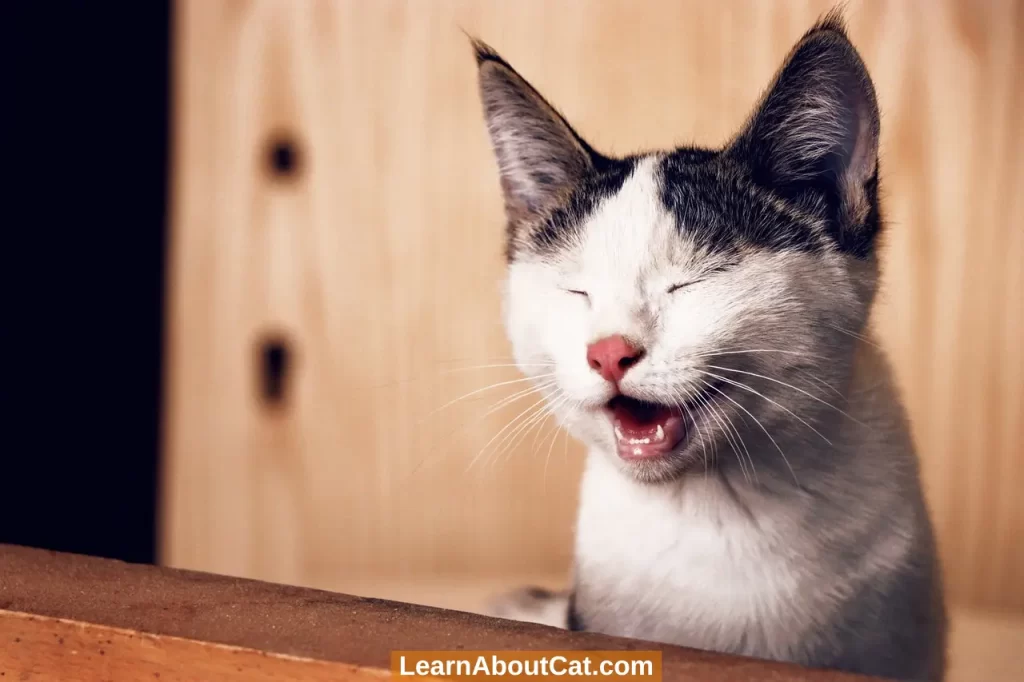
Reasons Why Do Cats Open Their Mouth When They Smell
1. Flahmen’s Response
This is often the situation that is most likely to be the reason why a cat opens its lips for an exceptionally long time when smelling something. Olfactory receptors called vomeronasal organs are found in many animals including cats.
By reacting, the Flehmen help the fragrance reach their vomeronasal organ, which is located on the roof of their mouth. This indicates how a cat’s sense of smell is superior to other animals’ senses of smell. With the help of this sense of smell, cats can identify odd odours in the air and analyse them.
The goal of the Flehmen response:
Pheromones, also known as smell hormones, are the primary means by which cats communicate with one another. No two cats have the same fragrance, and all cats produce and release pheromones. Humans are unable to recognise these pheromones, despite the fact that cats can sniff with their jaws open.
The flehmen response and pheromones are consequently essential for intraspecies communication. When cats sniff with an open mouth as opposed to simply smelling anything, they are more likely to detect these pheromones.
2. Ready to Mate
If your cat is a male, you could notice that the flehmen response is more pronounced. This is because cats’ jaws open when they detect the smell, which is a sign of mating behaviour. A tomcat will be able to tell whether a female cat is in the heat with just one fast sniff using pheromones.
3. Blep
Blep is a cat pose with its lips slightly apart and its tongue sticking out. Although similar to the flehmen response, it is not quite the same. It can be used by cats to investigate their surroundings. Cats blep to gather pheromones on their tongues and transport them to their vomeronasal organ, despite the blep’s comical look.
4. Strenuous Activity
The cat’s body and muscles are assisted in relaxing as more oxygen enters their circulation, helping them to cool down and drop their heart rate. Most cats who display this are overweight and unused to intense exercise.
5. Kitten Flu
Wide-jawed cats who are straining to breathe have a worse problem with this. Cat flu affects the respiratory system, which can cause breathing difficulties, which is why the cat’s mouth is always open, coupled with lethargy and nasal discharge.
6. To Identify Cat Families
By sniffing the other cat with an open mouth, your cat will be able to recognise it. Since no two cats have the exact same pheromones, cats utilise this scent to distinguish themselves. By smelling them, they may determine who they are speaking to and whether they have already encountered a cat.
What Scents Can Cats Sniff With an Open Mouth?
You may have noticed that your cat sometimes makes a strange facial expression and doesn’t always open its lips when it smells. So what smells trigger the flehmen reaction? Here are the possibilities as follows.
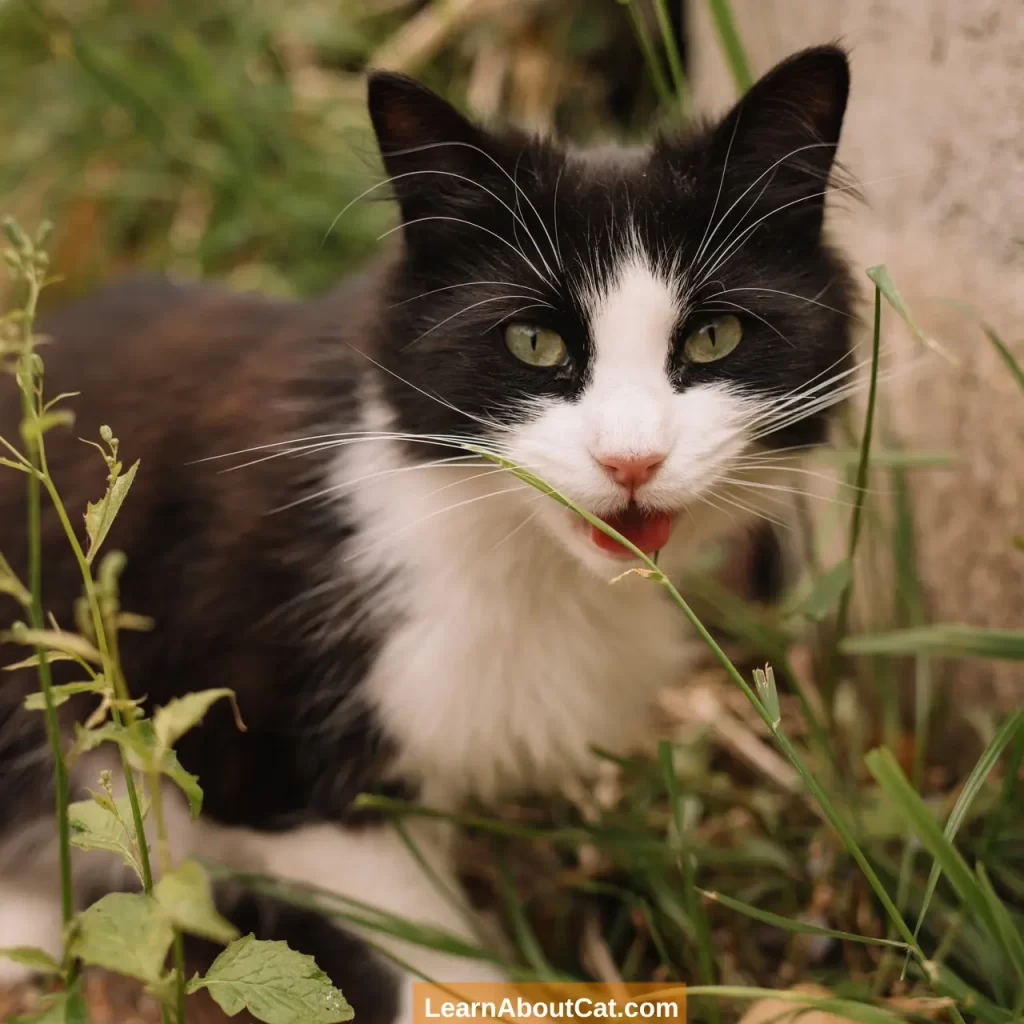
1. Faeces and Urine
The flehmen response is used to accurately identify and smell feline pheromones. Cats routinely detect scents with their mouths open, including cat urine and cat faeces, both of which contain substantial amounts of pheromones. As a result, when they come across it while roaming, outdoor cats may be able to smell the aroma of urine or dung.
2. Domestic Goods
Your cat’s paw pads have been found to transfer significant amounts of pheromones to scratching posts, cat trees, and other objects. Your cats may hold their mouths open after sniffing their cat tree as a result.
3. Litter Box
If you only have one cat, it’s unlikely that you’ll ever witness it open its mouth after sniffing the litter box. Again, it doesn’t need any further information because it is accustomed to the smell of its own body. Your house will smell nicer as a consequence, you won’t have as many toilets smells to clean up, and your cats will love you for it.
Certain Medical Problems cause Cats to Open their Mouth while Smelling Something
Cats tend to open their jaws when they scent anything. They use it to become more used to the pheromones produced by nearby cats, which will help them learn more about them. However, if your cat repeatedly opens its mouth after smelling, there could be a medical problem. Some examples of these health problems include:
1. Respiratory Conditions
It’s possible for cats with respiratory infections, especially upper respiratory tract infections, to breathe through their mouths. No matter where a respiratory illness originates, the symptoms will be the same since the bacteria that cause them to target the nose, throat, and sinuses. Consequently, indications include nasal congestion and nasal as well as eye discharge while coughing.
2. Dental Problems
Your cat may hold its mouth open more frequently than usual if it has dental issues. The two most common dental problems among our cute feline friends are stomatitis and gingivitis. The gums and teeth of your cat may suffer terrible pain from either of these diseases. While they are in such pain, they may find it relaxing to hold their lips slightly open.
3. Asthma
Asthma can cause airways to become restricted in cats, making breathing difficult for them. Your cat may therefore sit with its jaws open and start to breathe. Additional symptoms of asthma include having their mouth open a lot, noisy breathing, weakness, wheezing, and fatigue. Your cat may occasionally feel sick to its stomach and start vomiting due to a lack of oxygen.
4. Heatstroke
They might be able to cool off and get back to their normal body temperature by keeping their lips open and drooling. Cats are vulnerable to heatstroke because their body temperatures will continue to rise if they are unable to cool down. Eventually, their heart rate will rise, which might cause seizures or, in the worst-case scenario, result in death.
5. Nasopharyngeal Cancer
Tumours can grow everywhere on a cat’s body, even inside the nose. Even though these tumours are not frequent, as they become larger, they will obstruct the nasal passage and reduce airflow. In some situations, cats may hold their mouths open and start breathing through them.
Additionally, pawing at the face, bloody nasal discharge, and loud snoring in cats are indications that the tumour is progressing.
Do I Need To Take My Cat to the Doctor?
As cat owners, it is obvious that we love and cherish our furry friends very much. So when we see an uncommon habit, like cats holding their jaws open, it could drive us nuts! As soon as we see a problem, we get concerned and want to do all in our power to fix it.
Bottom Line on Why Do Cats Open Their Mouth When They Smell
Now that you know the fascinating reasons why your cat’s sniffing widens its lips, it’s time to decide which theory is the most likely one. Whether your cat is panting from the heat or making an unusually deformed face while trying to smell its surroundings, it is important to note that this behaviour does often not cause concern. This shows how sensitive your cat’s sense of smell is and provides cats with an entirely new appealing feature.
Who is Isabella?
My name is Isabella, and I am a dedicated and knowledgeable cat enthusiast. With years of experience caring for cats and a deep love for felines, I made a mission to help other cat lovers navigate the challenges of cat ownership.

